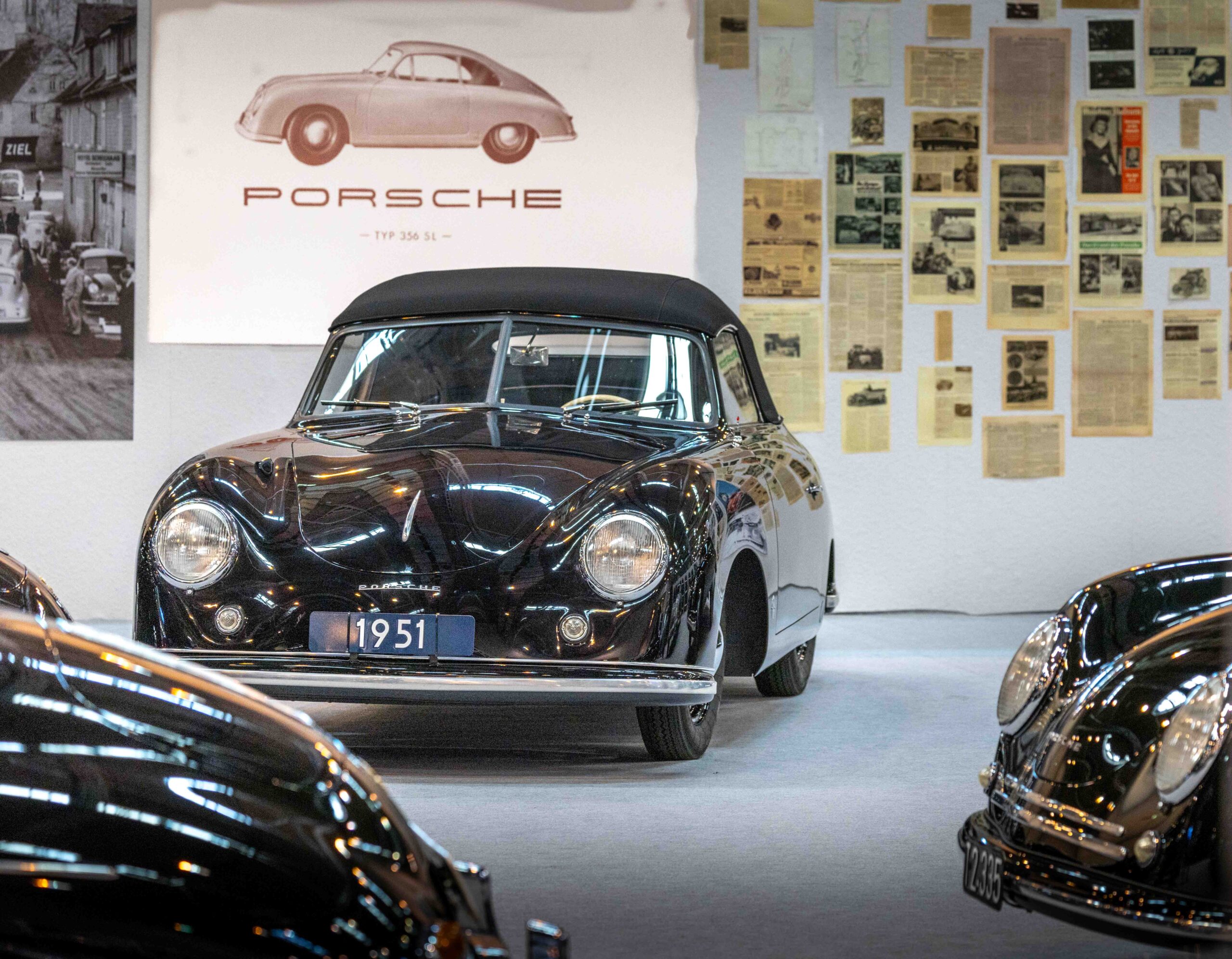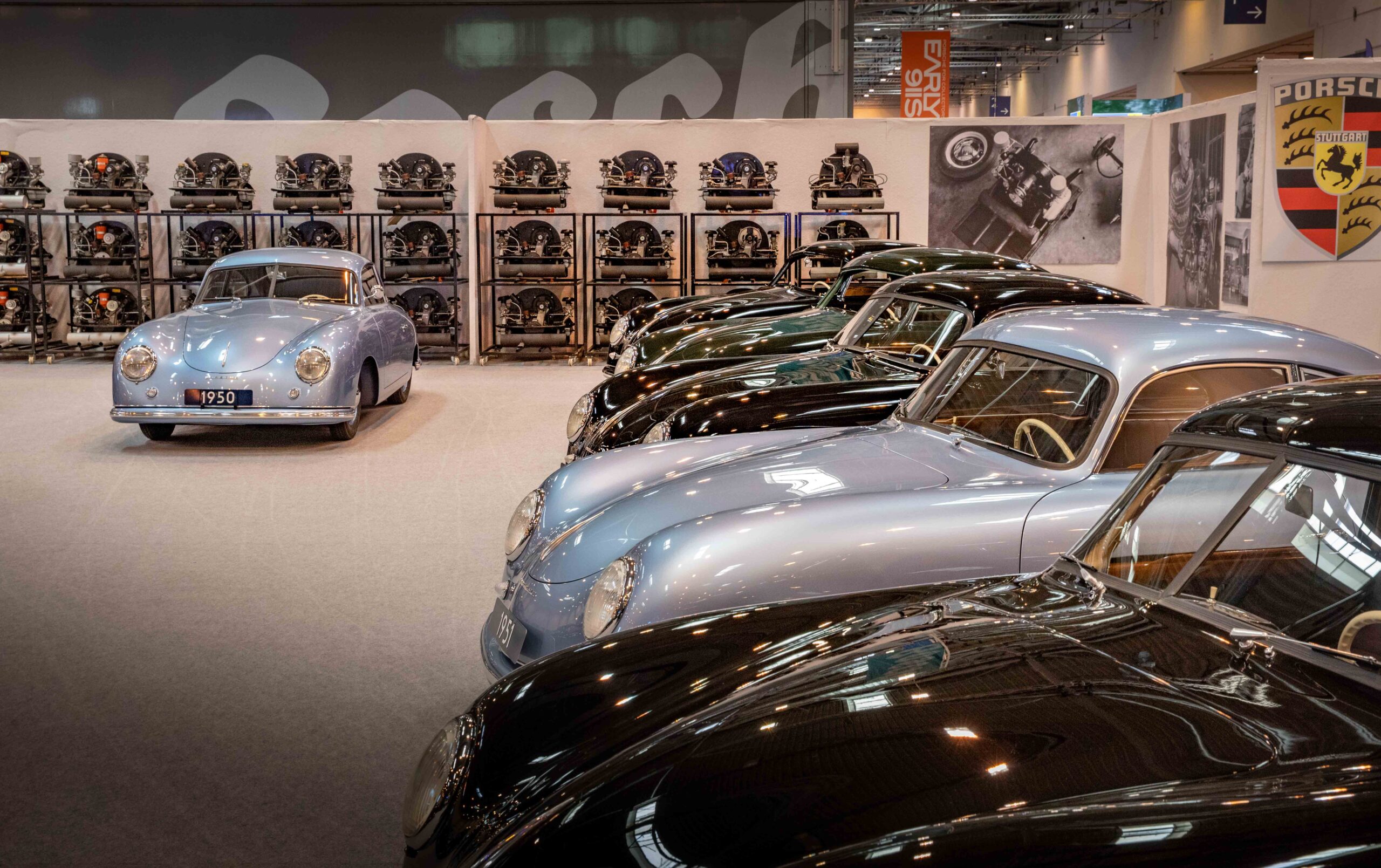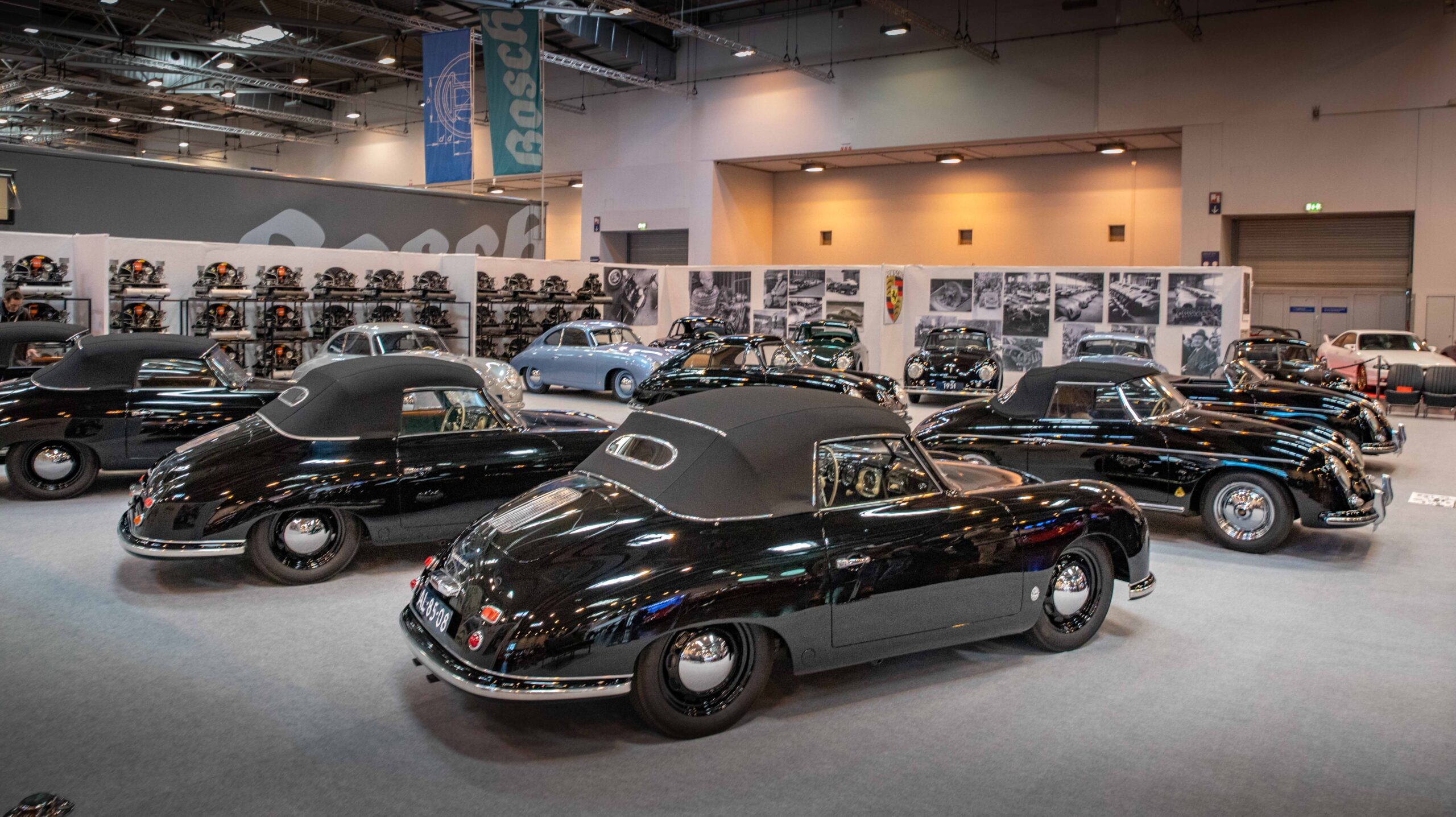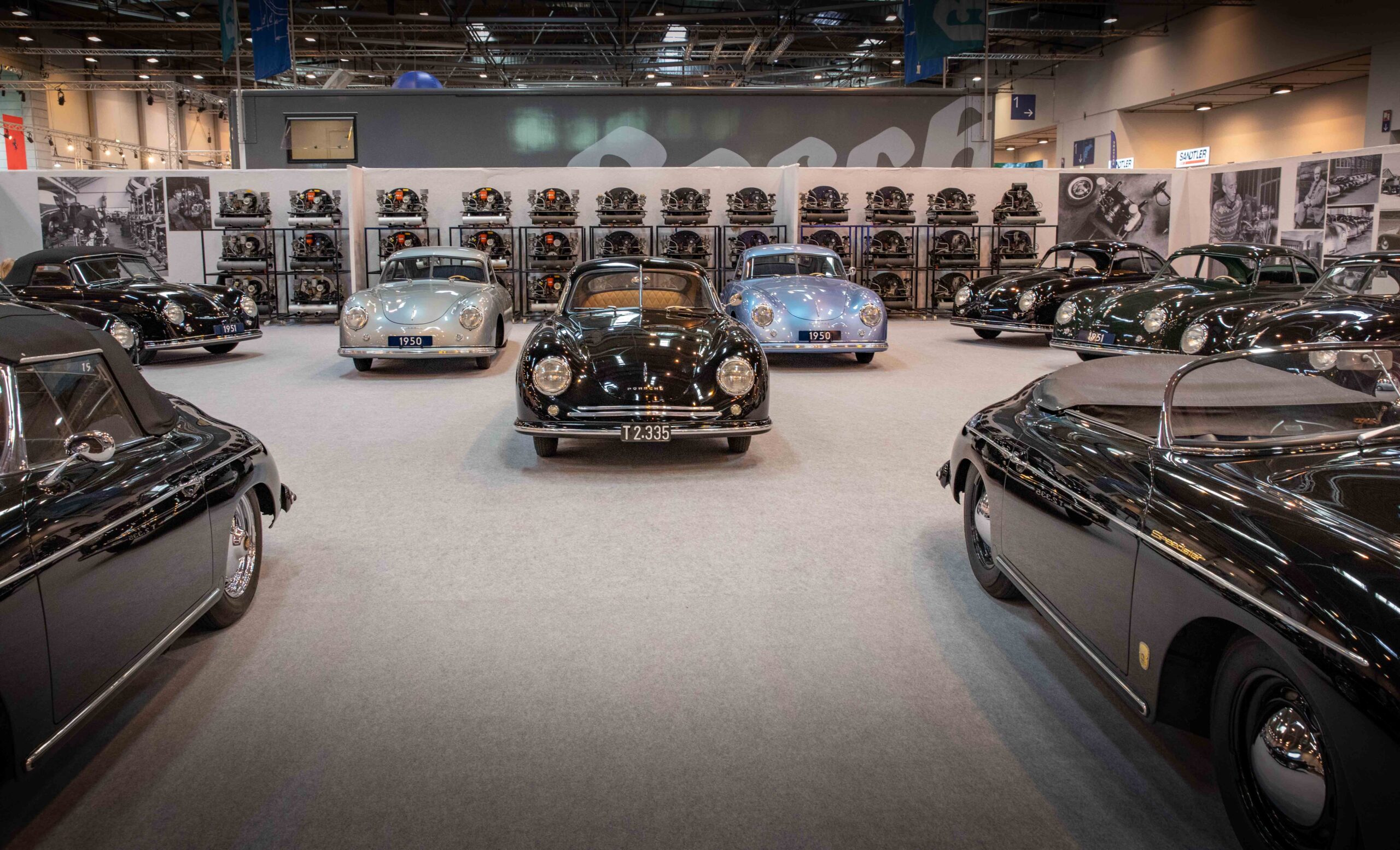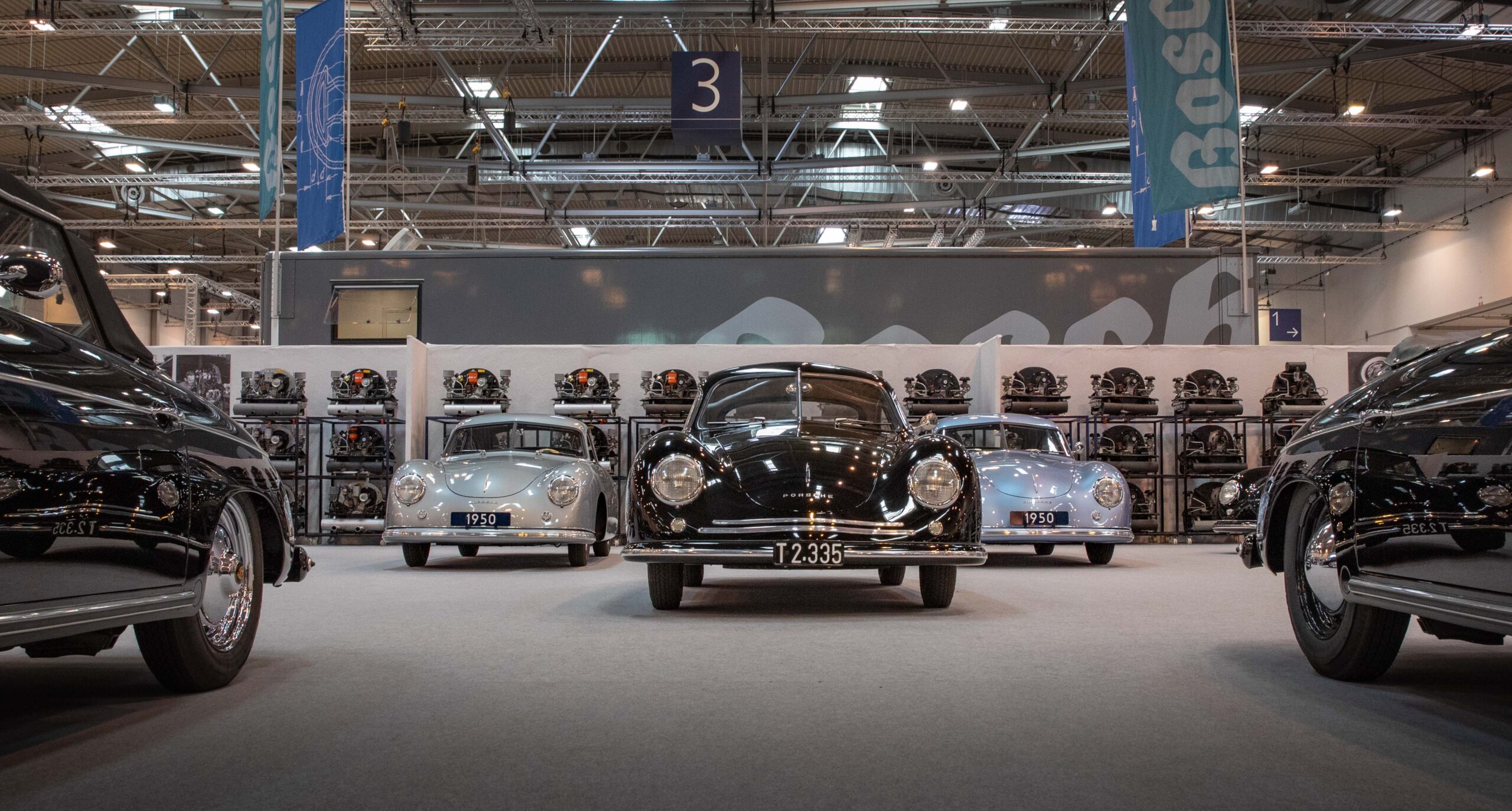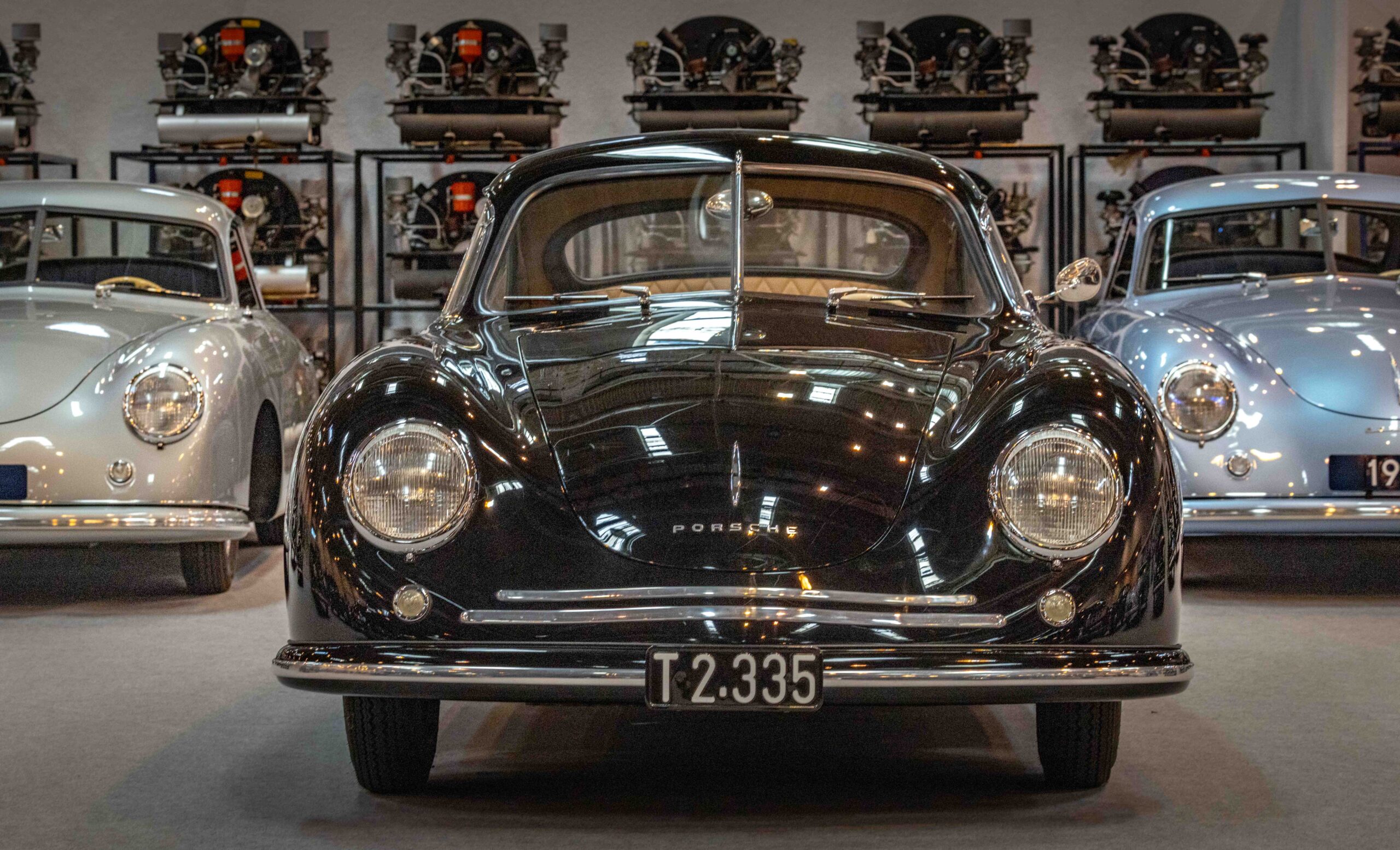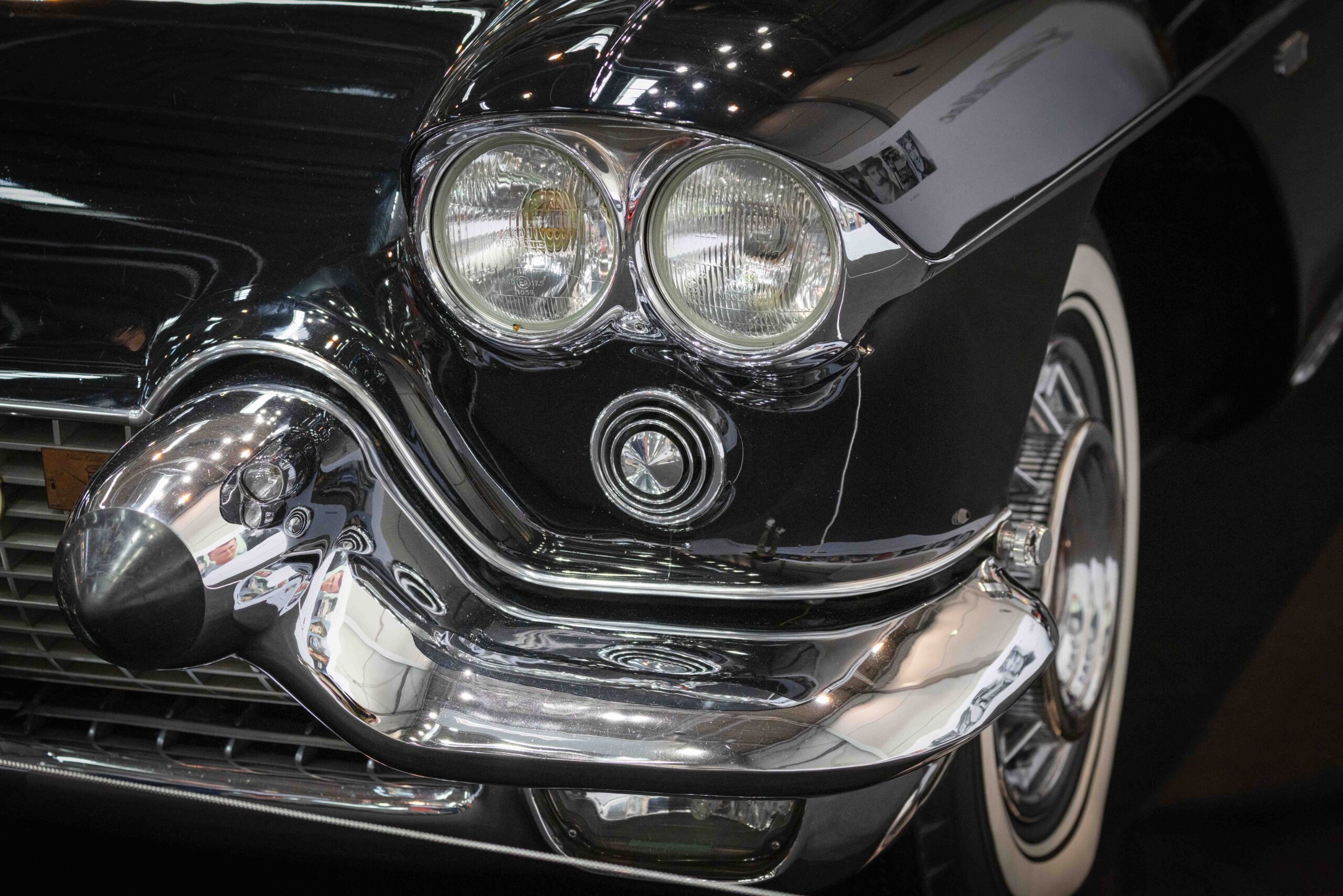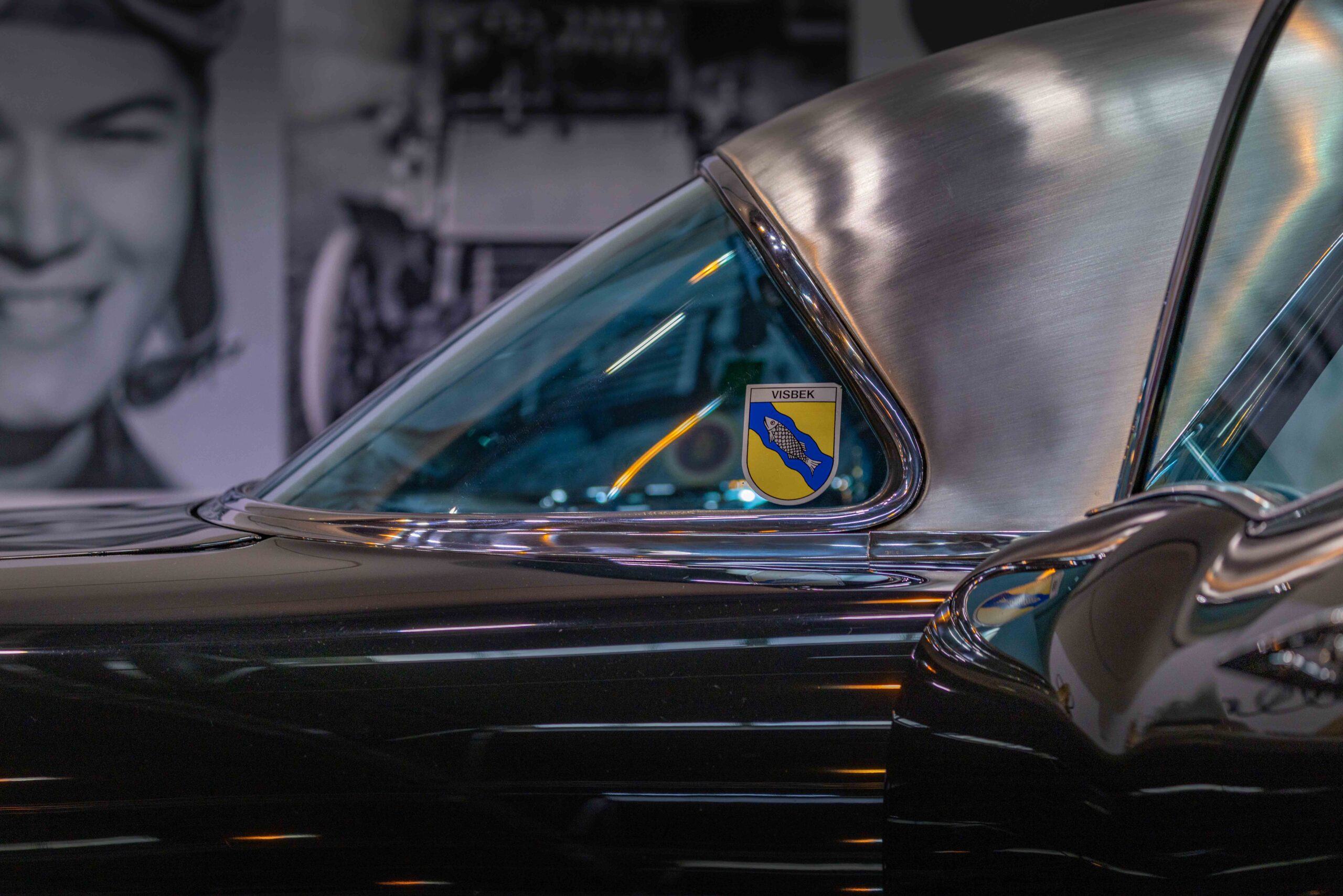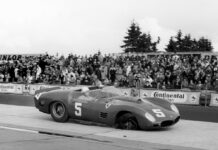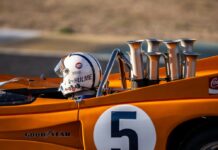Insiders had already announced it in advance. The organizer S.I.H.A. and Messe Essen will be going their separate ways in future. There is still speculation about the reasons for this. It is likely that different ideas about “financial matters” were responsible for the separation.

What remains to be said is that Techno Classica in Essen marks the end of an era that began back in 1989. Over the past decades, Techno Classica has developed into one of the largest global trade fairs for the classic car scene. However, Messe Essen has now handed over the reins to another organizer, RETRO Messen GmbH, which will be responsible for a new classic car platform in Essen from 2026.
It remains to be seen whether Techno Classica will experience a “revival” and, if so, at which new location.
I have been attending Techno Classica for decades, both as a classic car enthusiast and as a photographer. It was therefore also something very special for me to experience its last appearance with melancholy before the curtain falls for the last time. I had the opportunity to take the very last photos of this legendary event on Thursday morning – almost undisturbed.
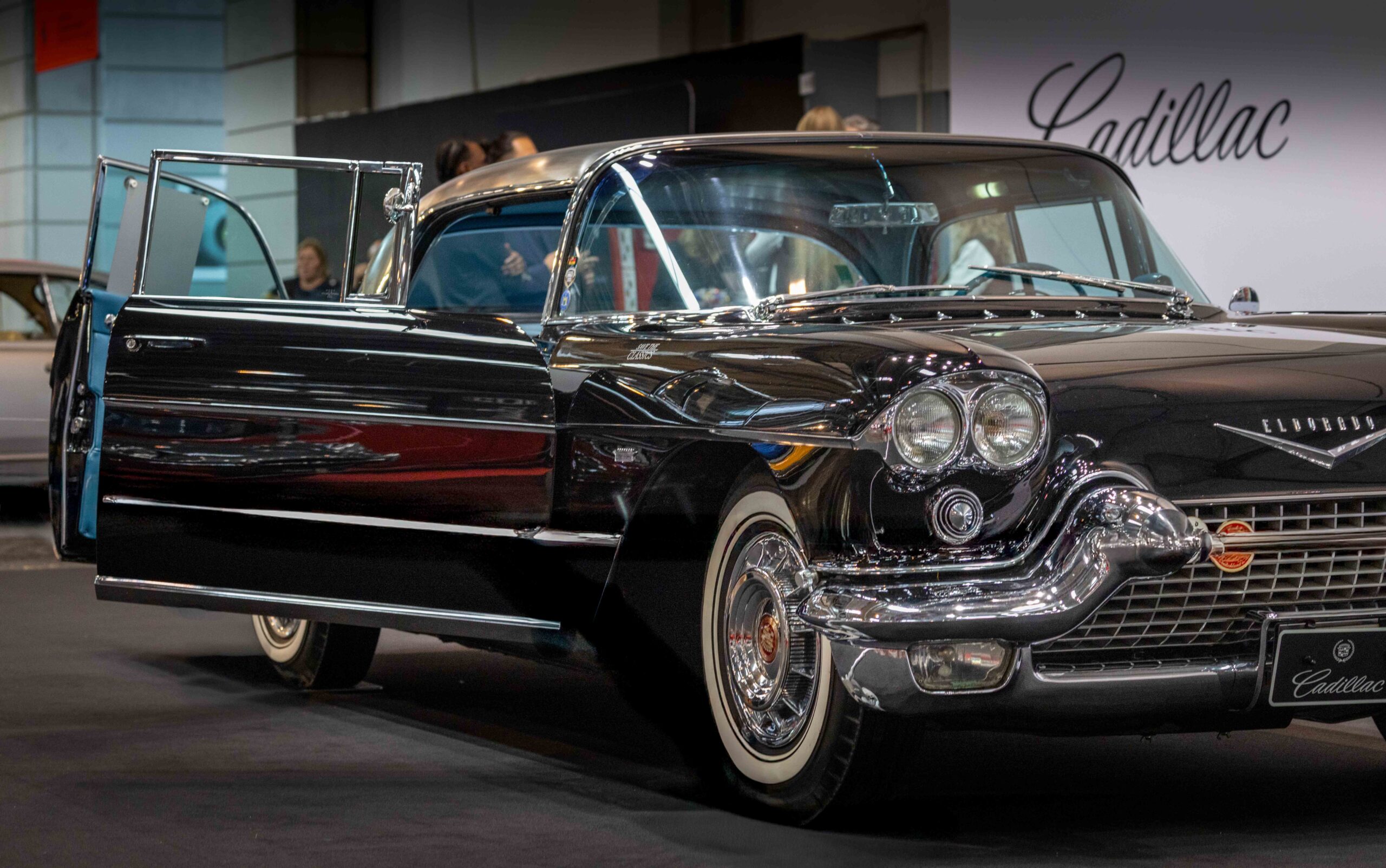
One of the highlights for me was the Cadillac Eldorado Brougham from the early 1950s, even though I’m not really a fan of US cars. But this car and the presentation in Essen was something special. It represents in the best sense the spirit of optimism of the emerging “jet age” with a groundbreaking design and technical solutions that were far ahead of their time. Some have had a decisive influence on the further development of automotive engineering. An uncompromising development without financial control, but also with fatal consequences.
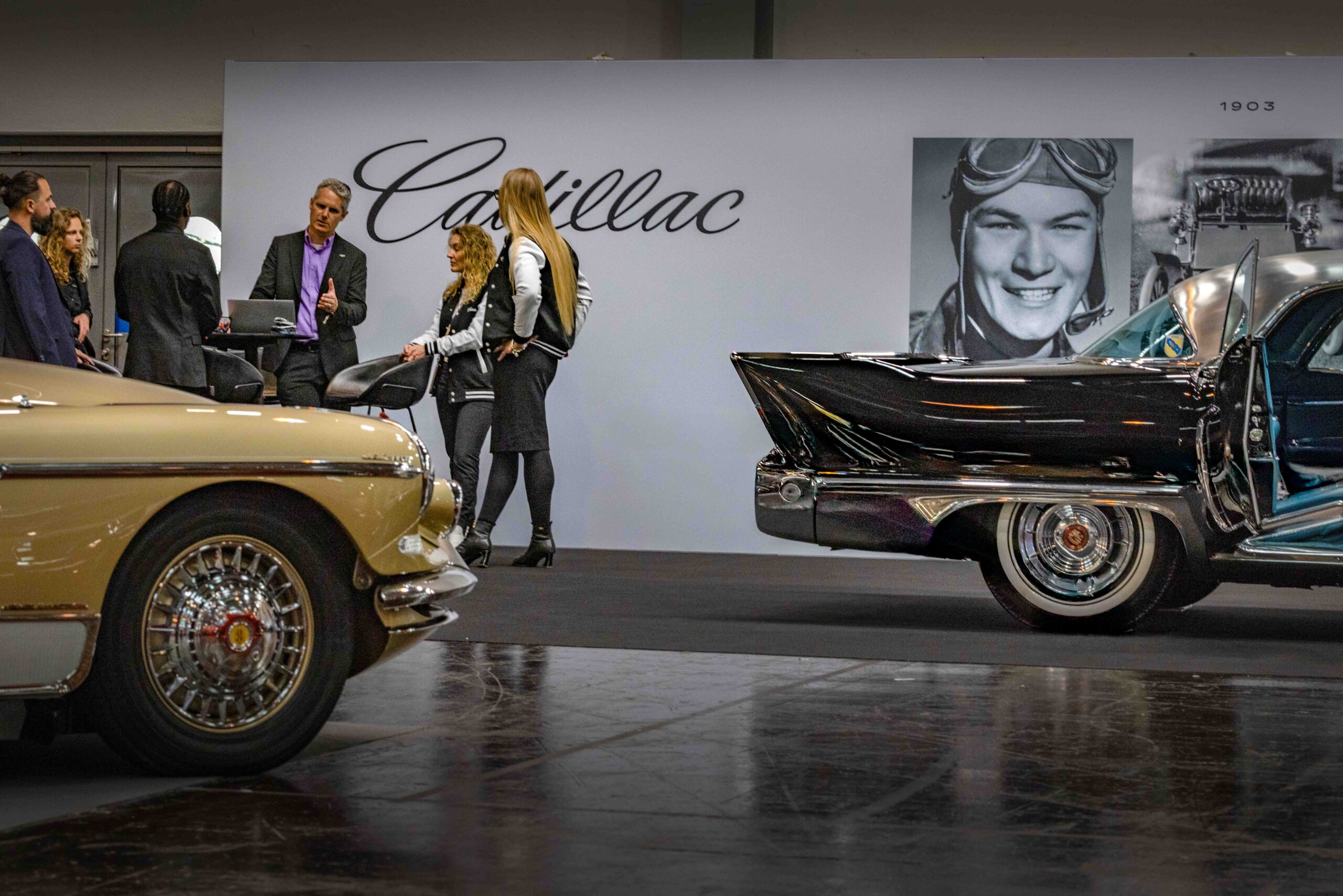
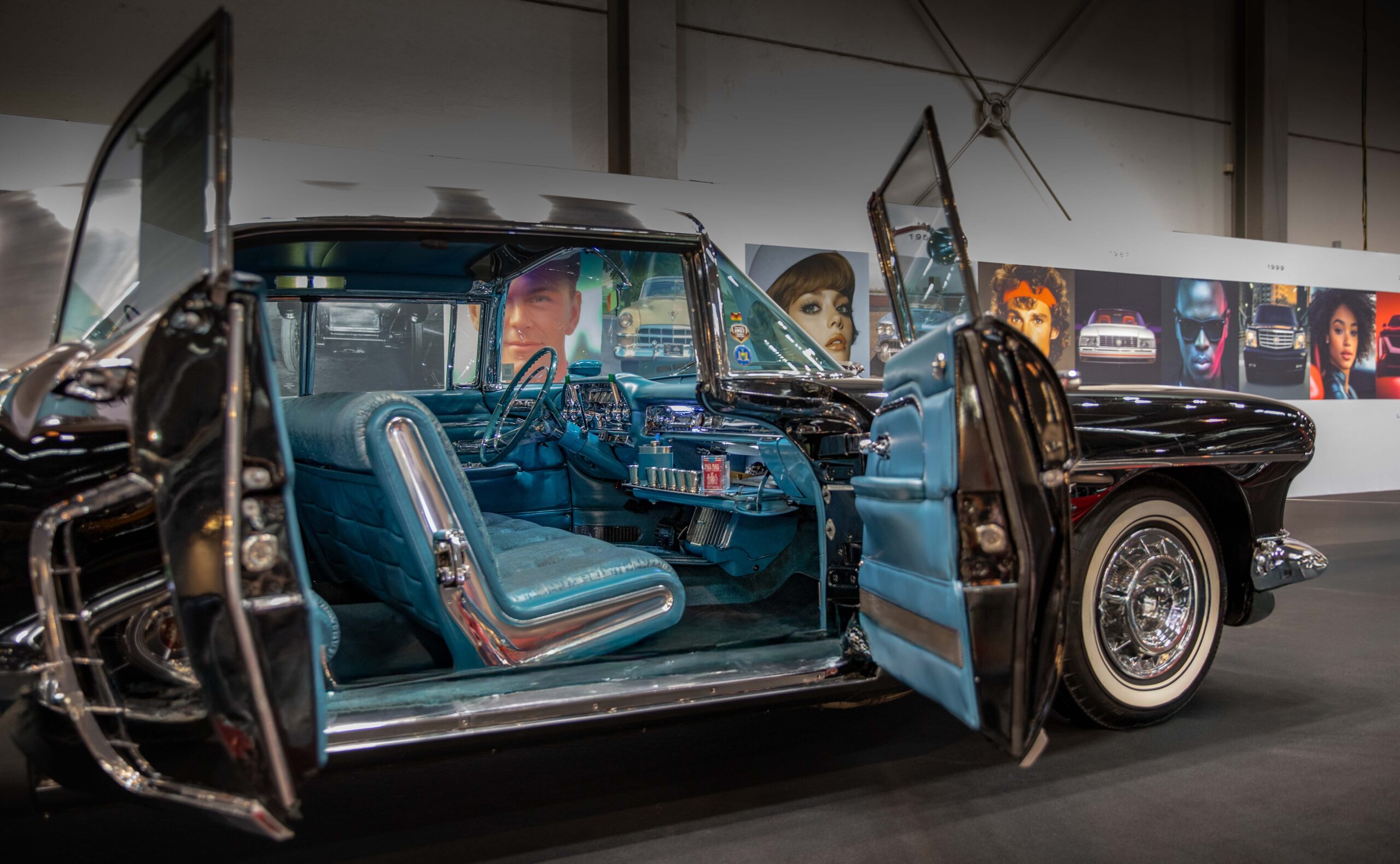
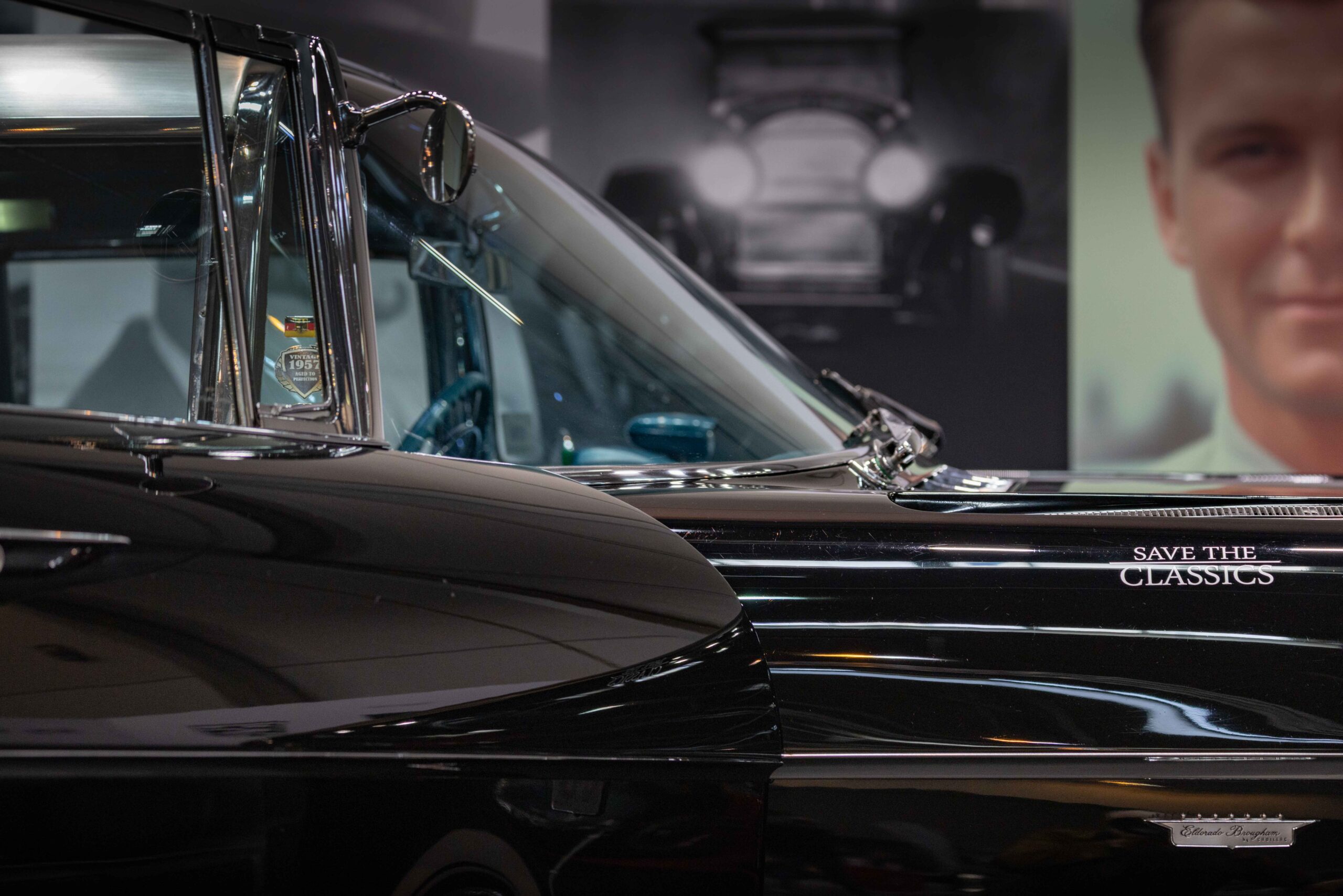
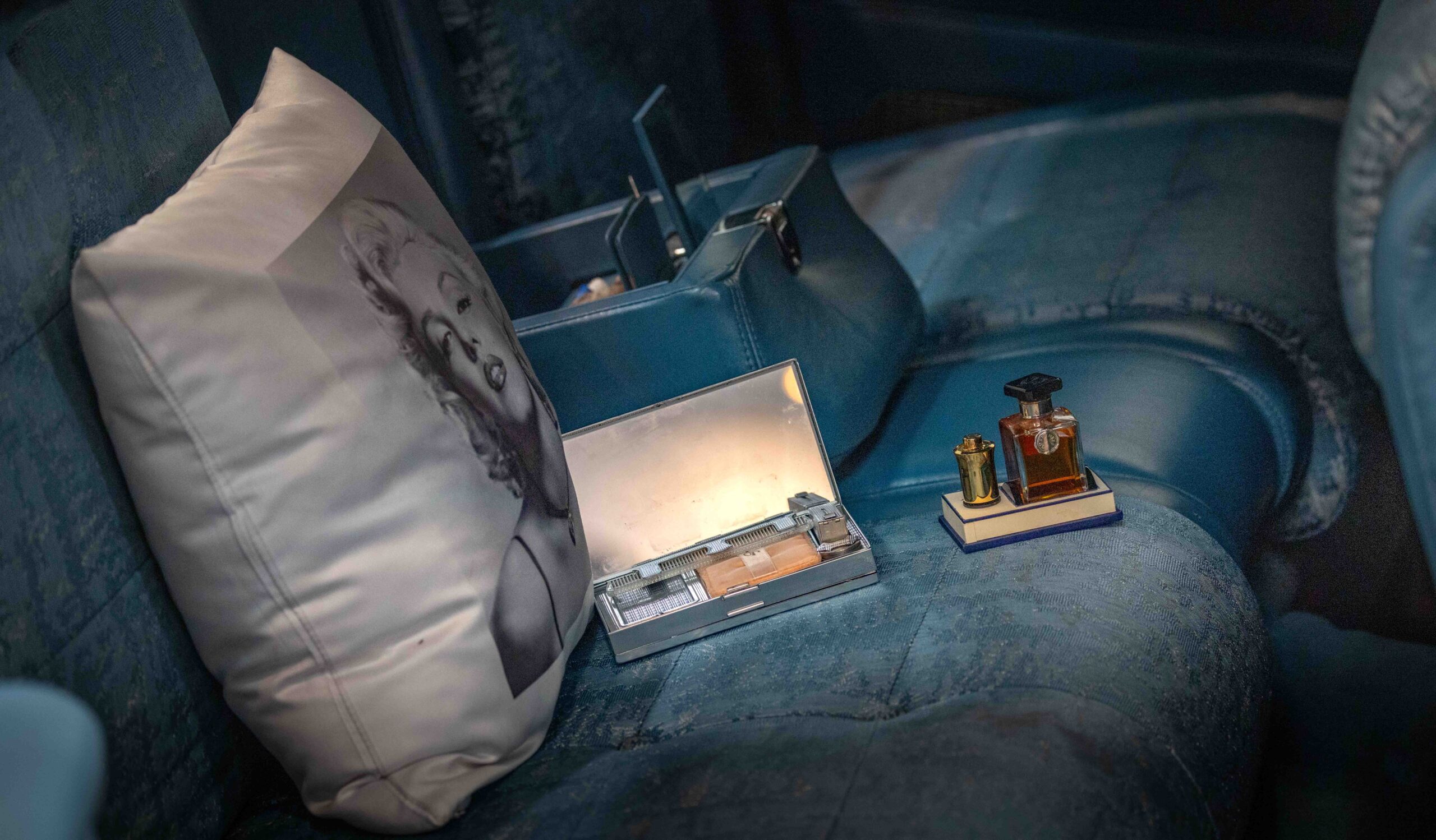
For example, there were already electric seat adjustment with memory function, electrically operated hoods and even air suspension, although this did not work in almost all vehicles produced and was later converted to steel suspension at the factory. Also impressive were the twin headlights, the brushed aluminum roof and the make-up set for the female passenger, which was specially designed for the car, as well as the small on-board bar. The car was a financial disaster, as only a fraction of the horrendous development costs could be passed on to the market despite the extremely high price – even a Rolls Royce Silver Cloud was significantly cheaper. Only 400 cars of the first series were produced and sold by hand in 1957. Of the two series, only around 1000 cars were produced in total. Only around 250 are likely to have survived. Only around 10 – 15 vehicles from both series are known in Europe.
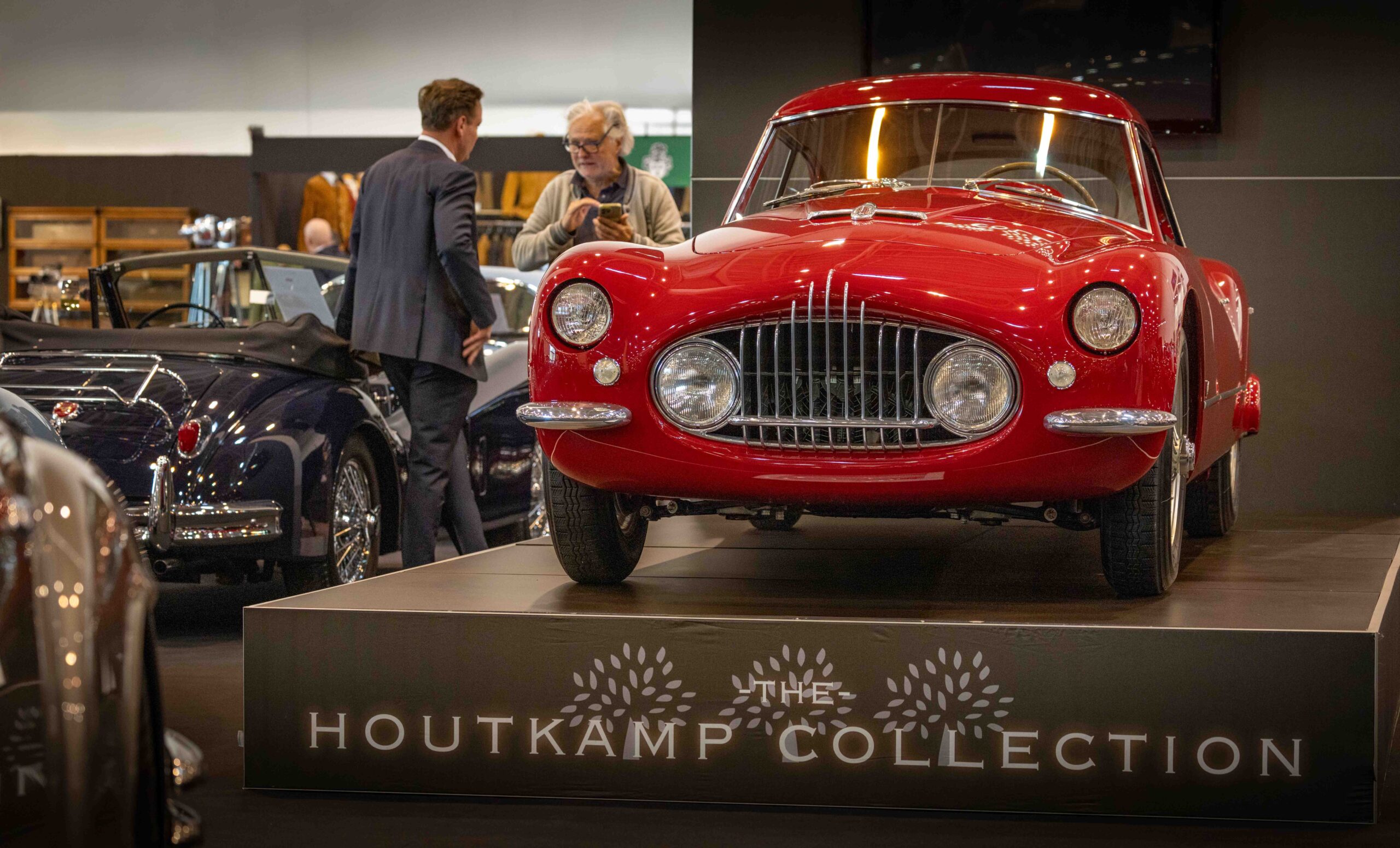
The Fiat 8V “OTTO VU” Berlinetta Series I, designed by Fabio Luigi Rapi, was also something special at the Houtkamp Collection stand. According to Houtkamp, the car on display is one of a total of 34 built. Only 26 of the first series remained in Luigi Rapi’s original bodywork, of which only 7 survived, 3 were destroyed, one was dismantled and the fate of the remaining 15 is unknown. The car is probably still available. Price on request, interested parties should hurry.
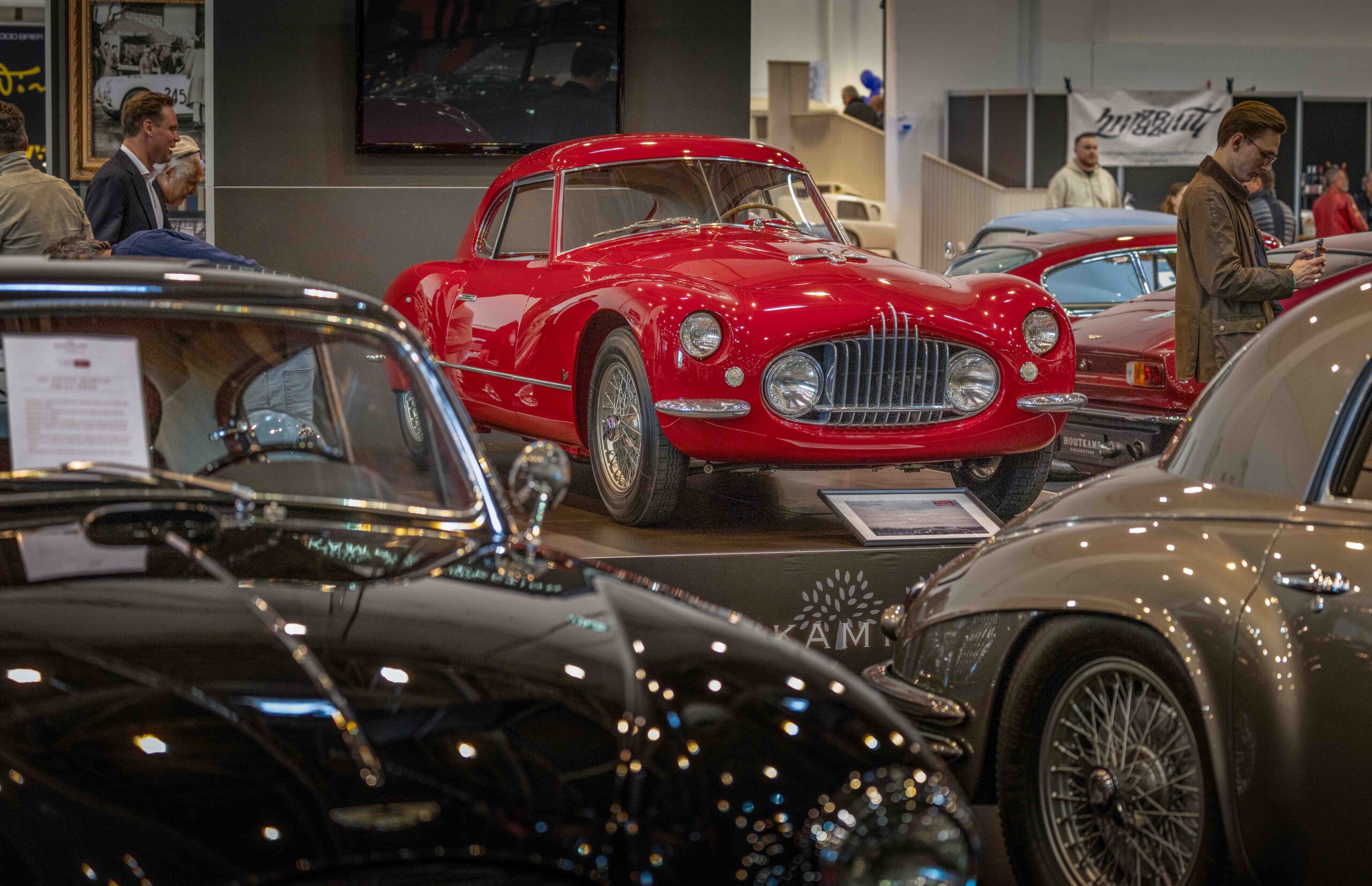
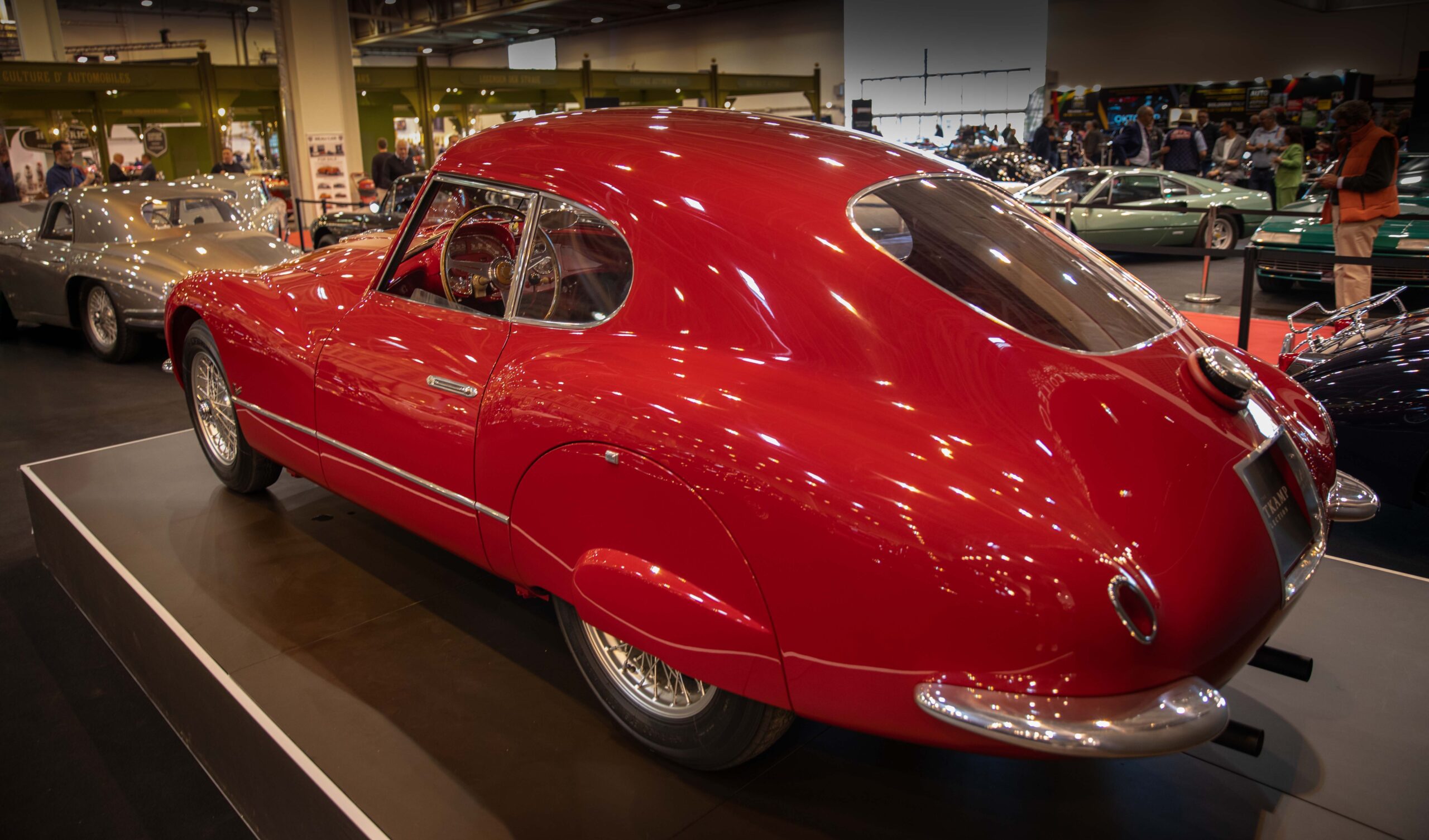
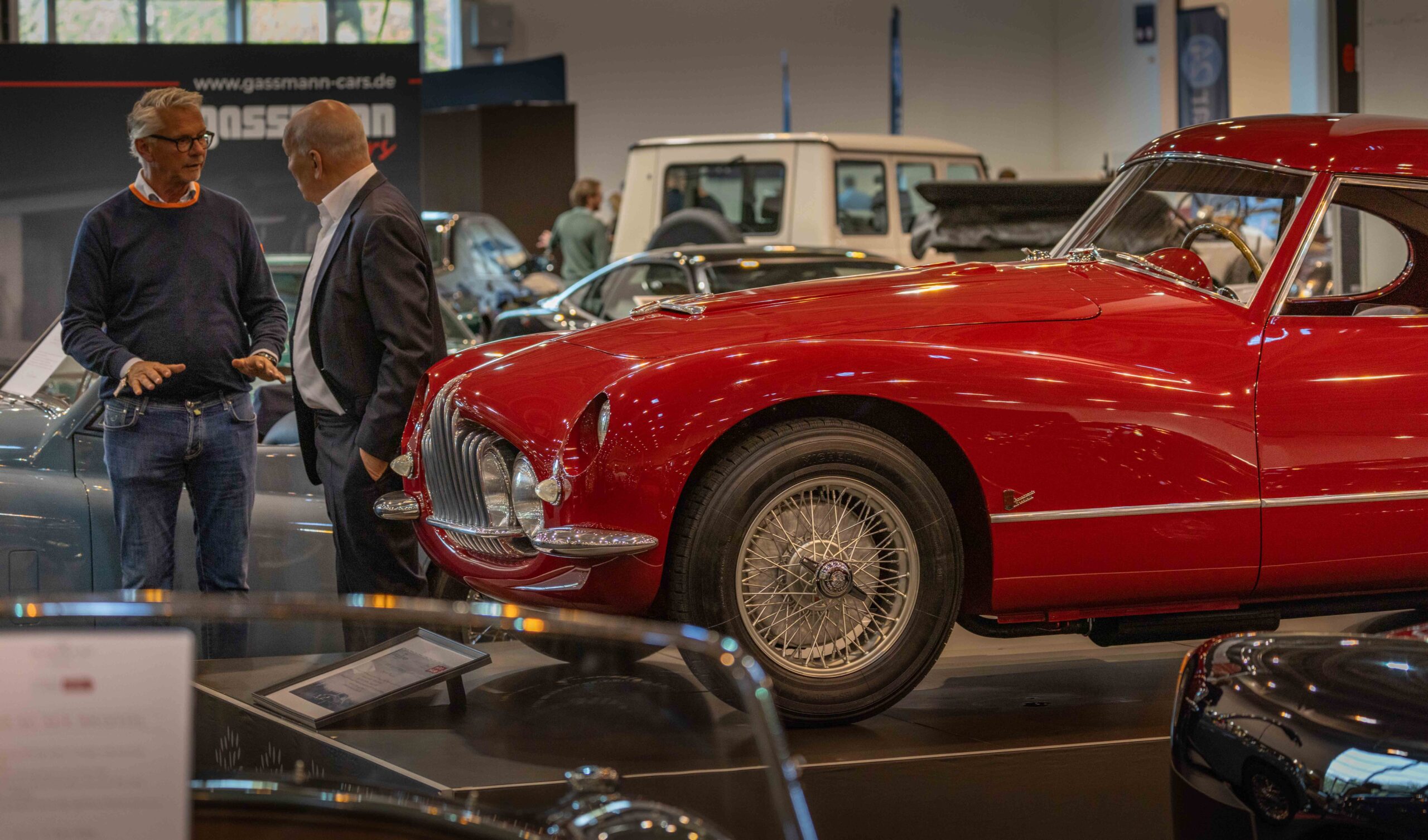
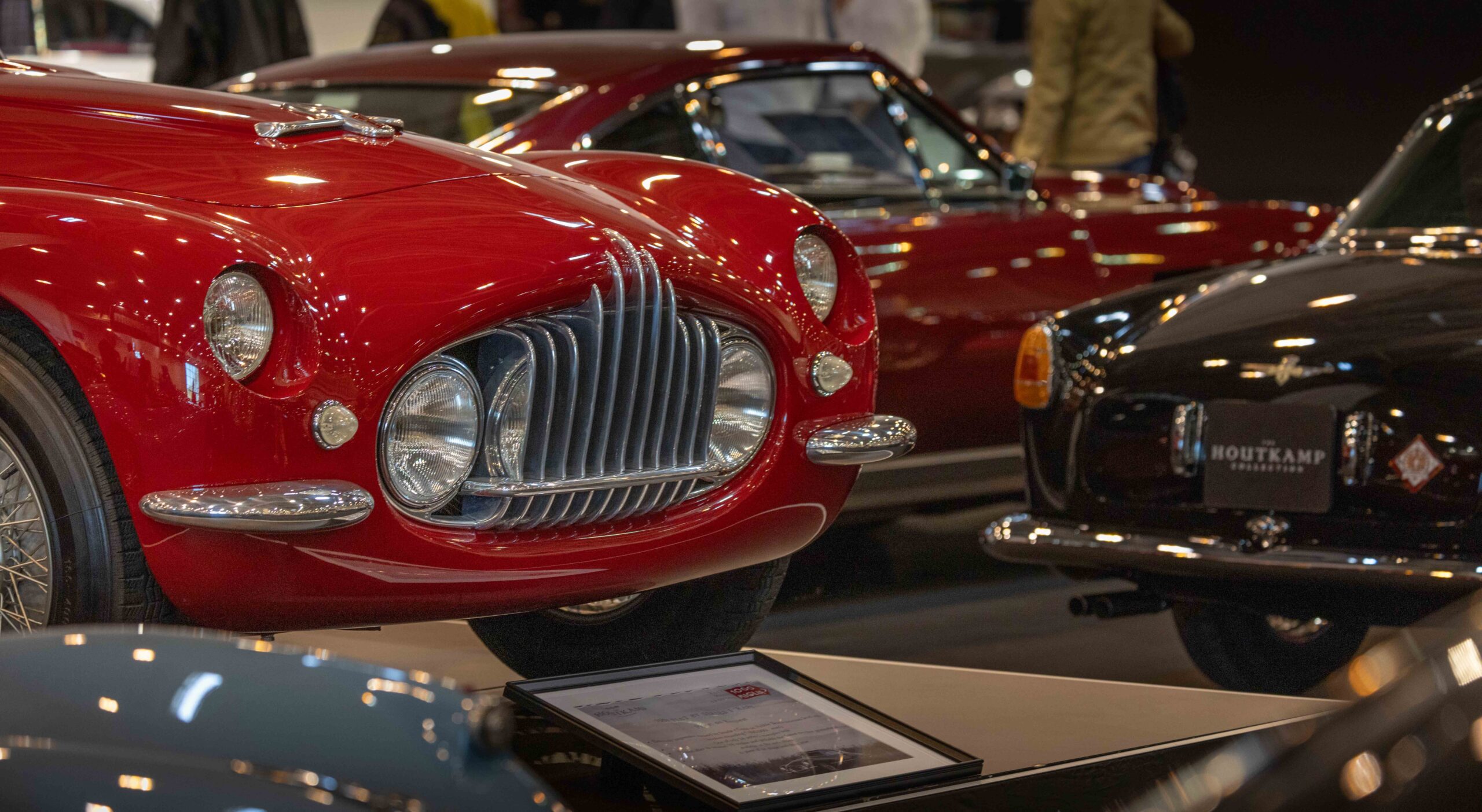
But the presentation of the private collection of early Pre A Porsche 356s by Dutch collector Robert Bröcker was also highly impressive. He put on this amazing and very rare display, a selection of 14 (!) exceptional and mostly 1950, 1951 Porsche 356 Pre A specimens from his private collection, including a rare 1949 Gmünd Coupé.
